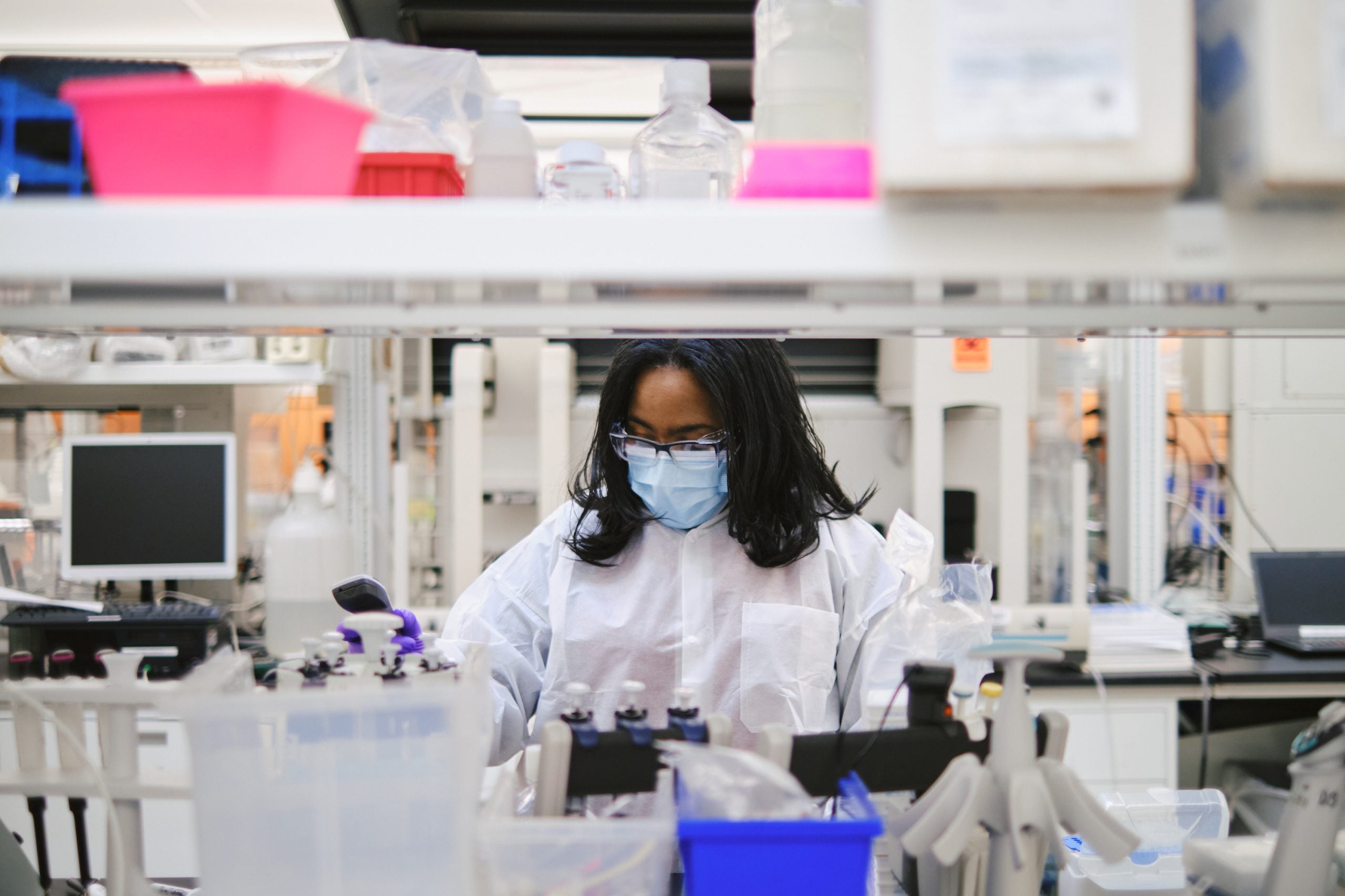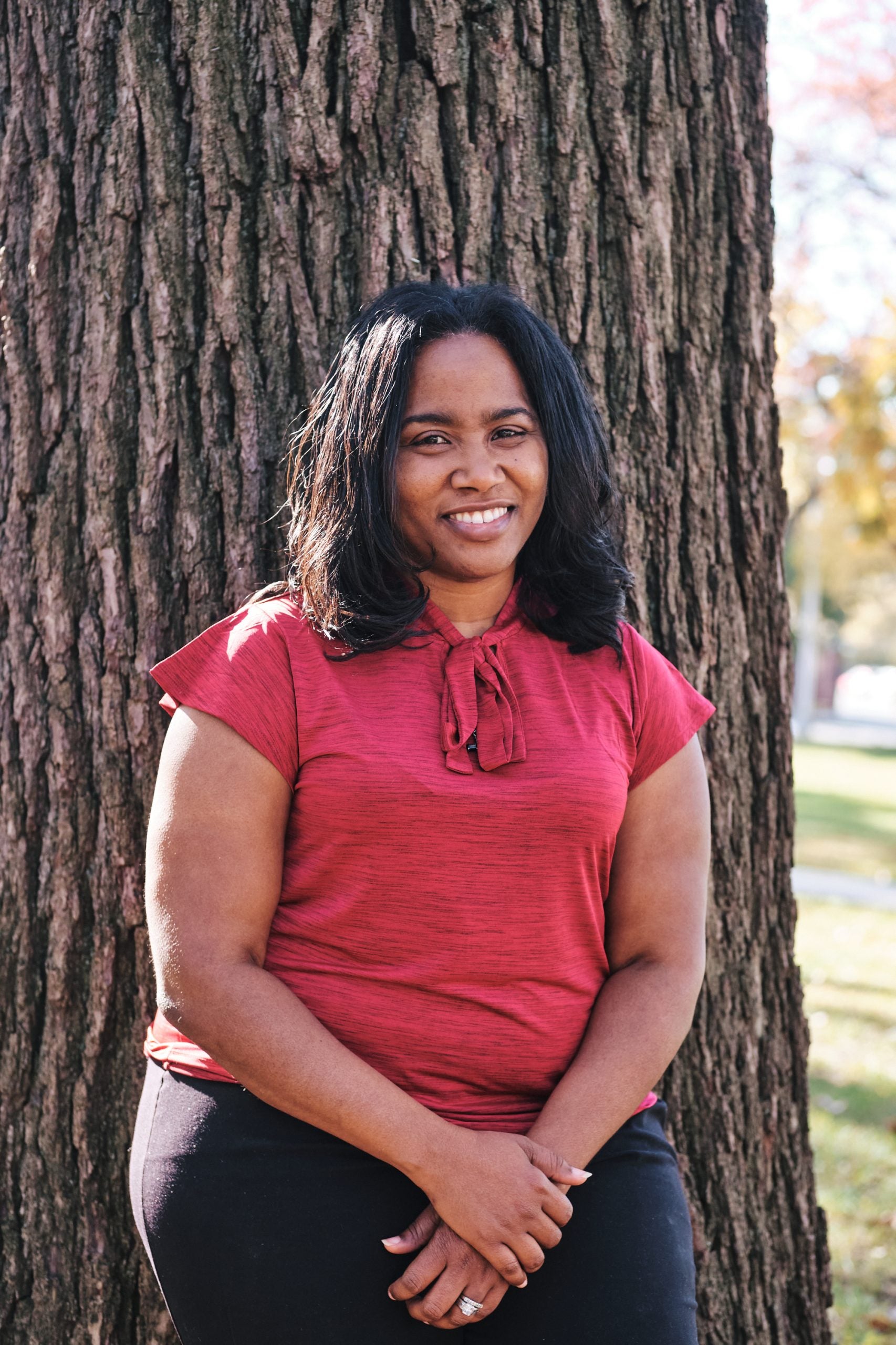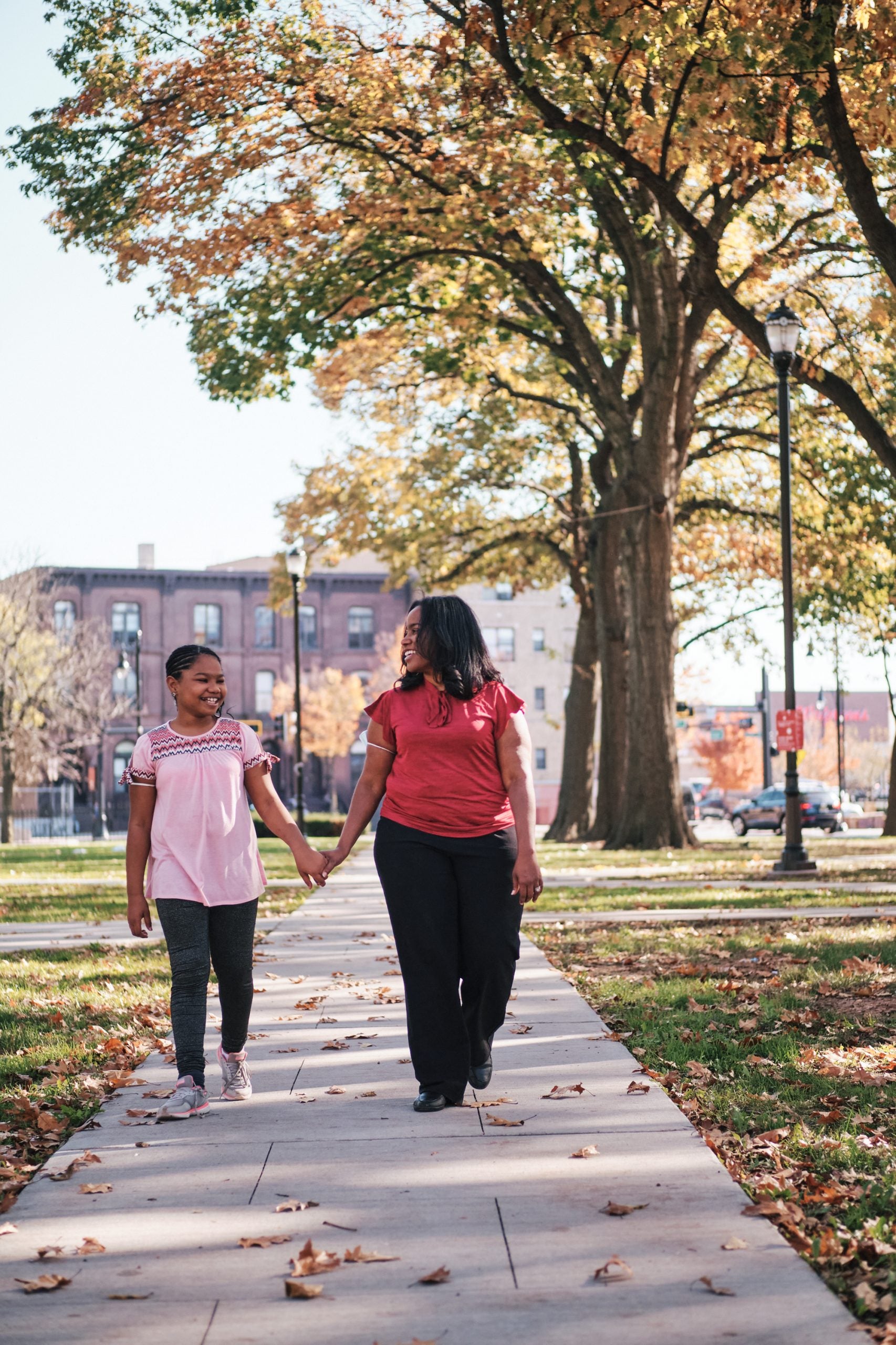For too many Black families in this country, there are empty seats at the table and a painful reminder of lives lost to COVID-19. The disturbing statistics around the racial disparities of the COVID-19 pandemic continue to mount. Black Americans are becoming infected with the coronavirus at a rate three times that of White Americans and are twice as likely to die from the virus. And most upsettingly, about 1 in every 1,000 Black Americans have died from COVID-19 since February.
Fighting a pandemic is complex, and there is no single problem that leads to death tolls like we’re seeing every day in the news. But, in the COVID-era, we’re seeing a heightened disregard, debates, and even denial of science and its role in our lives, among a fatigued and restless public. But as the pandemic rages on, the communities most harshly impacted are those of color -- especially the Black community. That’s why as a scientist myself, I know that more than ever, we need to put our trust in science -- and follow practices that scientists recommend -- to save lives -- especially Black lives.

For anyone skeptical of scientific positions or innovations right now -- whether it’s public health measures like mask-wearing, research findings about the virus, or the safety and efficacy of forthcoming vaccines -- here are three things I wish everyone knew about scientists like me and the work we do:
- Scientists want to make peoples’ lives better. Behind every new medication or breakthrough are real human beings who got into this field to save and improve lives. We’ve lost loved ones to conditions like cancer, COVID-19 or heart disease -- and we’ve seen friends and family struggle with conditions like diabetes or mental health. Many of us are in this field for them -- to improve the health and wellbeing of our loved ones and communities.
- Scientists are on a mission to unearth the ultimate truth -- without a bias or agenda. At the core of our work is asking -- and answering -- hard questions. We work in the world of numbers, data and hard facts, we know that research, by nature, is a continual learning process. That’s why, as researchers, we are trained to challenge our own work, root out errors and accumulate a constantly-growing body of knowledge -- and then we let that data speak for itself.
- We know our responsibility to you. Rigorous testing and safety protocols are part of everything we do. In my job for example, I run tests to determine the stability of new drugs and help predict potential effects a treatment can have, which is one of the most important phases in the formulation of a new medication. Those tests are then given an independent and unbiased review by the FDA. Or consider the vaccine development process which is on everyone’s minds right now -- it includes preclinical trials, then clinical trials, and then regulatory approvals from oversight bodies. Think of the diseases which used to be prevalent and cause pain for so many, that we can now prevent through vaccines: Polio, Measles, Mumps, Hepatitis A and B, and so much more.
We have so many opportunities -- now, during the pandemic and well beyond -- to improve the health of our communities, but that will require embracing science and all it can offer us. This is all why I’m lending my voice to #ScienceWorks, a new effort organized by leaders in the biopharmaceutical field to spotlight the stories and perspectives of researchers like me and the communities we love. I hope that, by putting a face to the field, I can spark the same love for science that was sparked for me in grade school, when I listened to a career day presentation from a Black chemist who talked about creating drugs to help sick people. That day was a revelation. I had never seen a Black man in a lab coat before, and it opened up my eyes to a career that I didn't know existed just the day before.

Last year was enormously painful for Americans but most especially for the Black community -- there’s no denying that. But there are reasons to be hopeful. A new year is here. COVID-19 vaccines are on their way to us, with more innovations coming: biopharmaceutical researchers are working on more than 1,500 active COVID-19 trials, including 500+ unique therapy trials and 50+ unique vaccine trials. But these vaccines and therapies will only be successful if Americans trust them enough to take them. That’s why at the end of the day, what I want to emphasize is that science is not the enemy. Scientists aren’t your adversaries. We’re your neighbors. And in the face of the health threats we face today and tomorrow, we must collectively move towards that way of thinking -- if we want to actually make strides against the pandemic and save lives.

Denarra Simmons is a Senior Scientist at Merck. The opinions expressed here are her own and do not necessarily represent the opinions of Merck.
